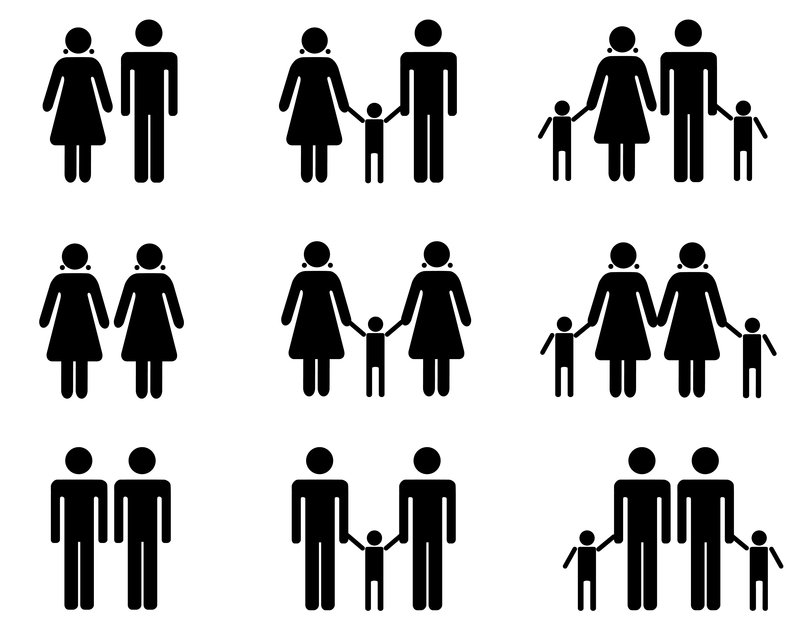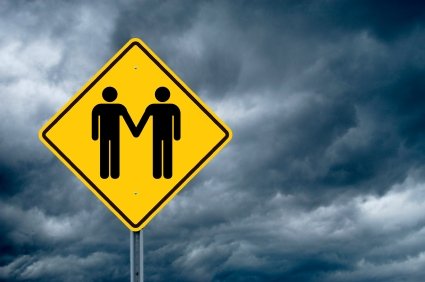In short, Judge Walker ruled based on the evidence presented, as any trial judge should, and regardless of his own personal sexual orientation or biases, Prop 8 supporters simply did not make a viable case for themselves. Sloganeering may have won the election but did not win a trial where real evidence was required. Prop 8 supporters may later look at the ruling and claim it was wrongly decided but as this essay points out, the reality is that they did a poor job presenting their evidence and only put two witnesses on the stand, both of whom had previously written statements that contradicted their testimony in favor of Prop 8. When both of these witnesses were neutralized, Prop 8 advocates had nothing left with which to prove their case and any effort by any judge to add in facts to uphold Prop 8 would have been the very definition of judicial activism.




